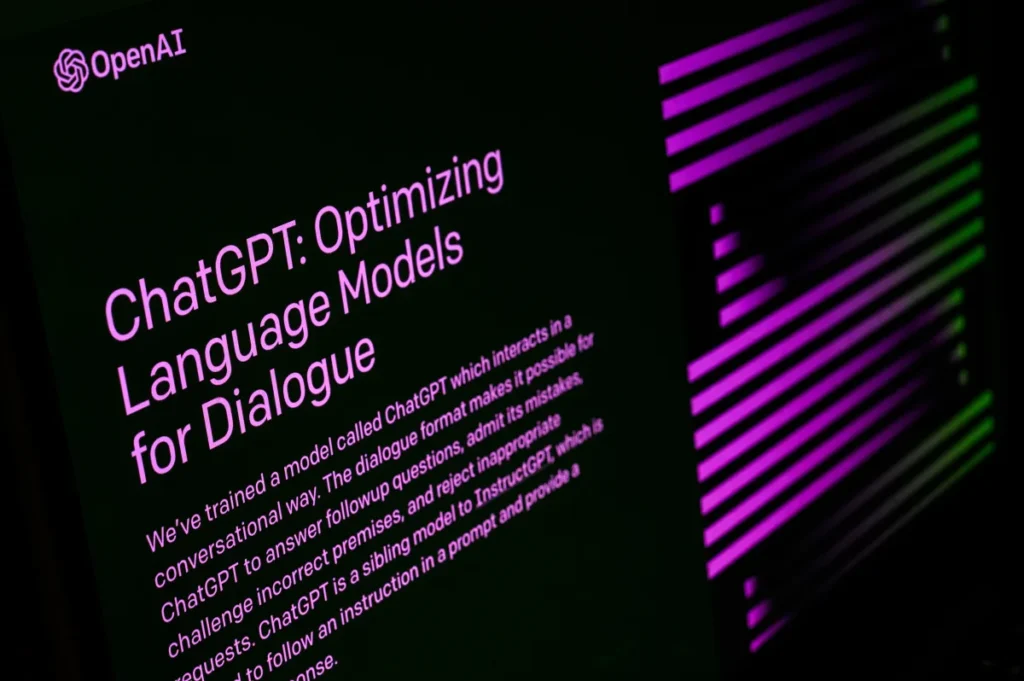Apple’s recent partnership with OpenAI to integrate ChatGPT with Siri marks a significant step in the evolution of AI-driven virtual assistants. However, amidst the excitement about enhanced functionality, concerns about data privacy and security have surfaced.
Apple has long been committed to prioritizing user privacy, striving to keep user data secure and predominantly stored on its devices. This approach aligns with the company’s ethos of putting user privacy at the forefront of its product design.
Yet, as the capabilities of generative AI models like ChatGPT continue to advance, the demand for processing large amounts of data in the cloud has grown. This poses a challenge for Apple, whose device-centric data strategy may be at odds with the requirements of cutting-edge AI technologies.
The partnership with OpenAI raises questions about how Apple intends to maintain its stringent privacy standards while leveraging cloud-based AI capabilities. Apple’s assurance that user data will be protected when accessing ChatGPT is reassuring, with measures such as obscuring IP addresses and avoiding the storage of requests.
However, the situation changes if users choose to connect their accounts to ChatGPT, as OpenAI’s data-use policies come into play. OpenAI acknowledges that user data may be used to train its AI models, including ChatGPT and DALL-E, by default. While this may enhance the performance of the models, it raises concerns about the privacy implications of sharing personal data for AI training purposes.
Fortunately, both Apple and OpenAI provide users with options to control their data and limit its use for AI model training. In the ChatGPT iOS app, users can navigate to settings and disable the option to “Improve the model for everyone,” preventing their conversations from being used for model training. Similarly, on the web platform, users can access data controls in their settings and disable the option to improve the model.
These controls empower users to make informed decisions about their data privacy while still benefiting from the capabilities of AI-driven virtual assistants like ChatGPT. By giving users the choice to opt out of data sharing for training purposes, Apple and OpenAI demonstrate a commitment to transparency and user empowerment in the realm of AI technology.
As the integration of AI into everyday devices and services becomes increasingly prevalent, the importance of robust data privacy protections cannot be overstated. Apple’s collaboration with OpenAI represents a balancing act between harnessing the potential of AI and safeguarding user privacy, setting a precedent for responsible AI development in the tech industry.
Apple’s recent partnership with OpenAI to integrate ChatGPT with Siri marks a significant step in the evolution of AI-driven virtual assistants. However, amidst the excitement about enhanced functionality, concerns about data privacy and security have surfaced.
Apple has long been committed to prioritizing user privacy, striving to keep user data secure and predominantly stored on its devices. This approach aligns with the company’s ethos of putting user privacy at the forefront of its product design. From stringent encryption protocols to on-device processing of sensitive information, Apple has established itself as a leader in privacy protection within the tech industry.
Yet, as the capabilities of generative AI models like ChatGPT continue to advance, the demand for processing large amounts of data in the cloud has grown. This poses a challenge for Apple, whose device-centric data strategy may be at odds with the requirements of cutting-edge AI technologies. While Apple has traditionally favored on-device processing to minimize data exposure, the integration of cloud-based AI services introduces new considerations for balancing functionality with privacy.
If you like the article please follow on THE UBJ.
